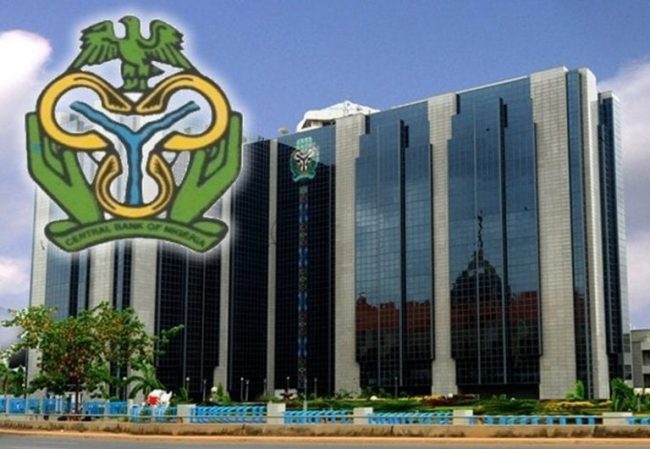The Central Bank of Nigeria (CBN) has implemented stricter regulations for managing dormant accounts and unclaimed financial assets in banks and other financial institutions.
These new guidelines, effective immediately, supersede previous policies issued in 2015.
This is made known in a circular signed by John Onojah, Acting Director, Financial Policy and Regulations Department, CBN on Friday night.
The guidelines, which align with Section 72 of the Banks and Other Financial Institutions Act (BOFIA) 2020, followed engagement and consultations with relevant stakeholders, whose comments and recommendations were considered in the review process.
The guidelines, therefore, reduced the dormancy period of accounts from six years of inactivity accounts to 10 years with no customer activity.
After 10 years of dormancy, the guidelines allow eligible account balances and unclaimed financial assets to be transferred to a special account managed by the CBN.
“It, amongst others, standardises the management of dormant accounts, unclaimed balances and financial assets, and outlines the procedure for the administration of these balances, funds, and assets by banks and other financial institutions in Nigeria.
“The modalities for the transfer of the relevant balances/funds/assets to the CBN, together with the revised templates for the rendition of quarterly returns to the Banking Supervision Department or Other Financial Institutions Supervision Department (as the case may be) will be communicated subsequently,” it said.
The new guidelines spelt out the roles and responsibilities of stakeholders.
The guidelines mandated CBN to open and maintain accounts earmarked to warehouse unclaimed balances in eligible accounts under a trust fund.
It also mandated the apex bank to establish a management committee that will oversee the operation of the Unclaimed Balances Trust Fund (UBTF Pool Account).
CBN will also manage the funds in line with the provisions of BOFIA 2020, and publish procedures for reclaiming warehoused funds and other financial assets, among other roles.
It added that eligible dormant accounts, unclaimed balances and other financial assets shall include: current, savings and term deposits in local currency, domiciliary accounts; deposits towards the purchase of shares and mutual investments; prepaid card accounts and wallets.
Also listed were government-owned accounts; proceeds of uncleared and unpresented financial instruments; unclaimed salaries and wages, commissions, and bonuses; among others.
The guidelines, however, exempted accounts subject to litigation, judgment debts, accounts under investigation, and encumbered accounts including, but not limited to, collaterals and liens.
NAN


